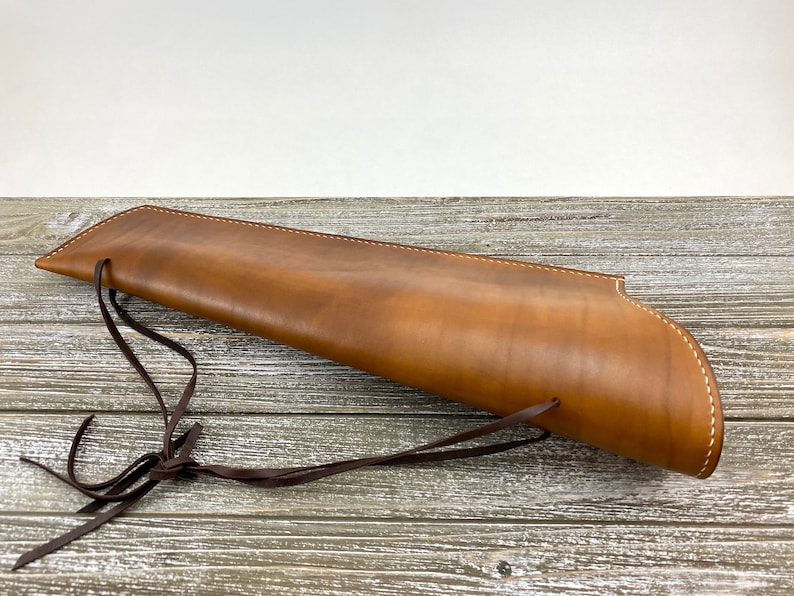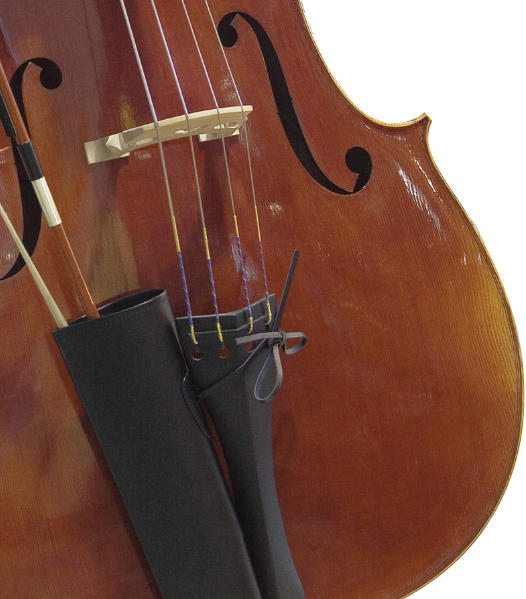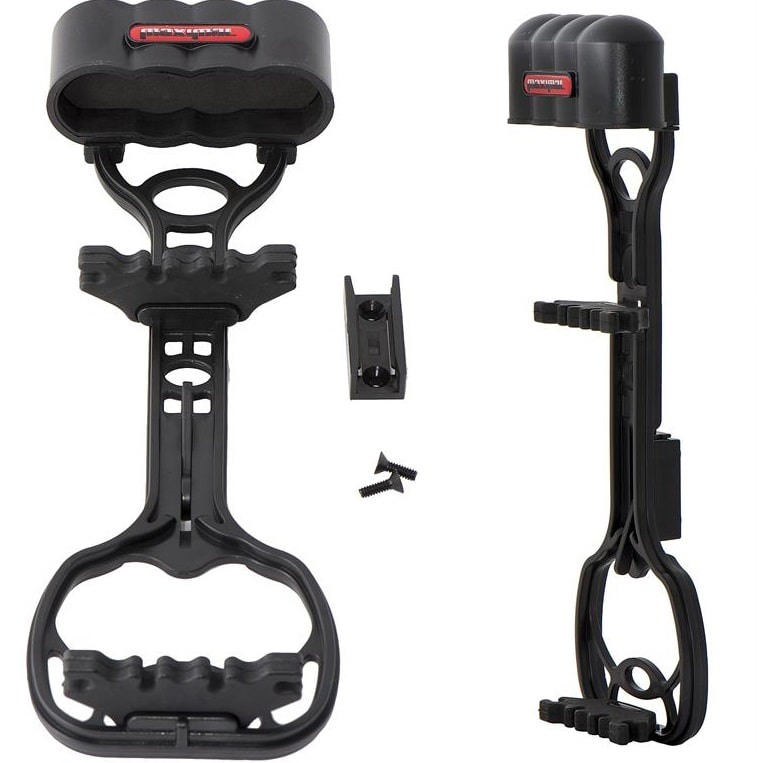
The German bow (aka "Butler") has a taller frog and is held in an "underhand" grip. It is also held in a similar fashion as with those instruments, with an "overhand" grip. The French bow has a smaller frog (the part of the bow you hold) and looks more like the bows you'd use to play cello, viola or violin. If you're new to the bow, how are you supposed to know which one to choose? Here's a quick overview that may help you decide ( Check out our FAQ for more on this subject, and many others!) Unlike the other stringed instruments, with bass you have a choice of bow styles. We also carry a couple ( 1, 2) of bow options that are made of Carbon Fiber, which is a modern man-made material, mostly used for many applications where an item needs to have light weight and strength - for instance, bass bows! These bows are a bit pricier, but are exceptionally well-designed and made, are quite consistent from bow to bow, and feature excellent durability.Those Brazilwood bows (and our similar step-up bows made of Pernambuco, also made in the same facility) are excellent choices for university students studying the bass, as well as semi-professional and community orchestra players. Our Brazilwood bows have a wonderful, long running reputation (we've carried the same ones for over 18 years and they're in use all over the world!) and both Mark and Bob each use one of their own. If you are planning on taking arco more seriously, and intend to pursue it more than just casually, you will benefit from the craftsmanship and balance of a well-made wood bow.While there are some very nice high-end synthetic bow hair options available on some bows ( Coruss brand synthetic hair is actually quite good!), we believe that the only real use for the fake stuff they use on budget bows is to string up the people who invented it! Just be aware whether the budget bow you buy is strung with real horsehair. They're tough, inexpensive, and will do the job. If you're a very casual bow player, and just want a durable bow that you can use without worrying about treating it "with kid gloves" - or you're buying a bow for a young student who will be taking it back and forth to school (and maybe not being particularly gentle with it) - then a Fiberglas bow is probably your best bet.Here are some tips to narrow down your choices: But if you're in the same boat as most of the rest of us (a casual, developing or intermediate player, rather than the first chair in a major symphony orchestra), a quality-made "factory" bow is an excellent, reasonably-priced choice that should serve you very well. Once you're at a playing level where minute differences in a bow's balance, materials, feel and construction can really have a major effect on your tone, holding them in your hands (and experiencing their feel in person) is the only way to make a confident choice about which one to buy - so a "top-quality" custom wood bow is probably not something you want to be choosing online. There's a reason that we don't carry "super high-end" custom bows we feel that above a certain price threshold, you should probably be auditioning bows in-person with an experienced bow-maker. This is a tough question to answer, but our bow selection leans heavily toward the affordable. And practicing with a bow is great for your intonation, too - the pure tone of a bow can really let you hear when you're slightly out of tune when you're plucking, you "get away with" a little inaccuracy.īut it can be a little intimidating to get started. For instance: you can purchase a bow for well under $100 - and yet there are orchestral players who own bows that cost over $10k! Should you get an inexpensive bow or spend more money? Why, what's the difference? And should you get a French style or German style bow? What kind of rosin is "best?" What's the deal with quivers? Let's tackle it, one question at a time.



There's nothing quite like drawing a bow across a low E string and filling the room with that big, warm tone. If you are considering adding arco (bowing) to your bass-playing arsenal, congratulations! It's a great skill to have, even if your primary musical pursuits don't necessarily require it.


 0 kommentar(er)
0 kommentar(er)
